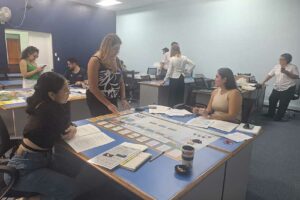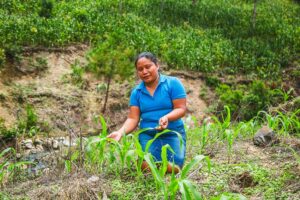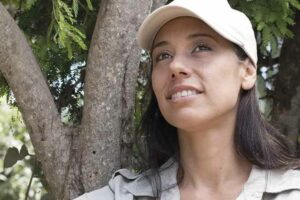Honduras and CATIE strengthen alliances to promote sustainable livestock production
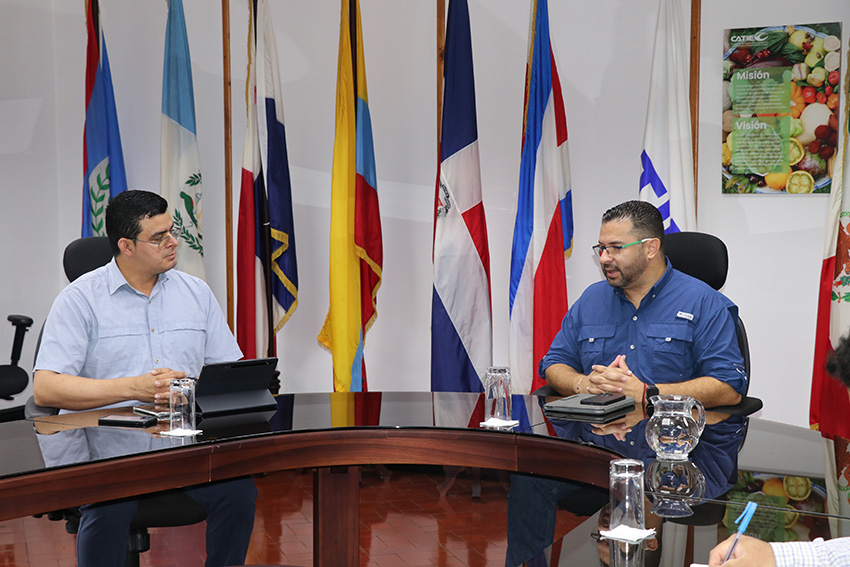
- Government authorities in that country are committed to building a food security policy for the future.
July 7, 2023. Engineer José Ángel Acosta, Deputy Minister of Livestock at the SAG (Secretariat of Agriculture and Livestock) of Honduras, visited CATIE (Tropical Agricultural Research and Higher Education Center) on July 6 with the aim of strengthening the institution's partnerships and cooperation with his country.
"With CATIE, we have been working collaboratively on a bovine production mitigation proposal called NAMAS Facility, which basically involves coordinating the entire livestock production strategy while respecting and conserving natural resources to make it sustainable, comprehensive, and profitable," said the deputy minister during his welcome to the CATIE campus.
The reception was led by Carlos Araya, Director of the Division of Strategic Alliances and Green Businesses, Francisco Casasola, expert from the Livestock and Environmental Management Unit, and William Watler, specialist from the Watersheds and Water Security Unit, who addressed Honduras' interests in continuing to work closely with CATIE.
One of the emphasized topics was the consequences that climate change is having on the region. "The productive dynamics strictly depend on the environmental issue, but this is being burdened by climatic variability, leading to social phenomena," Acosta pointed out, echoing the general concern about modifying agri-food systems while protecting the environment.
"No one wants to leave their land, no one wants to leave their farms or their community, but they are being forced to do so. Unlike in the past, where insecurity or economic development was the main reason for forced migration, now climate change is one of the main reasons," said Carlos Araya. He also acknowledged the extensive history of joint work that has been maintained over time.
The deputy minister also showed great interest in learning details about the "Water Harvest" project implemented in Nicaragua, which was an initiative that started 8 years ago. Its coordinator, Bayardo Quintero, shared virtually from his country how the project represents a comprehensive agenda for rural productive development.
"With the water harvest project, we seek food and nutritional security, improved income, improved quality of life for people, and it includes a strong content of knowledge management focused on reducing uncertainty for decision-making," Quintero said.
Mid-morning, the Deputy Minister of Livestock took a tour of some of the work areas inside the campus, such as the goat module, the botanical garden, and the International Coffee Collection.
In the commercial farm, he was able to witness firsthand the design and implementation of silvopastoral systems that have been achieved in more than 15 countries in the region, as well as the benefits that good livestock practices focused on protecting natural resources have had.
Finally, Adriana Arciniegas, a researcher from the Cocoa Breeding Program, welcomed him at the International Cocoa Collection, where she shared the conservation and genetic improvement work that CATIE has done in the last 50 years for the benefit of international production and the well-being of thousands of families.
"Honduras is committed to building an agri-food policy for the next 20 years, where research and the coordination carried out by institutions like CATIE are very necessary for a better future for everyone," commented the deputy minister at the end of his tour of CATIE.
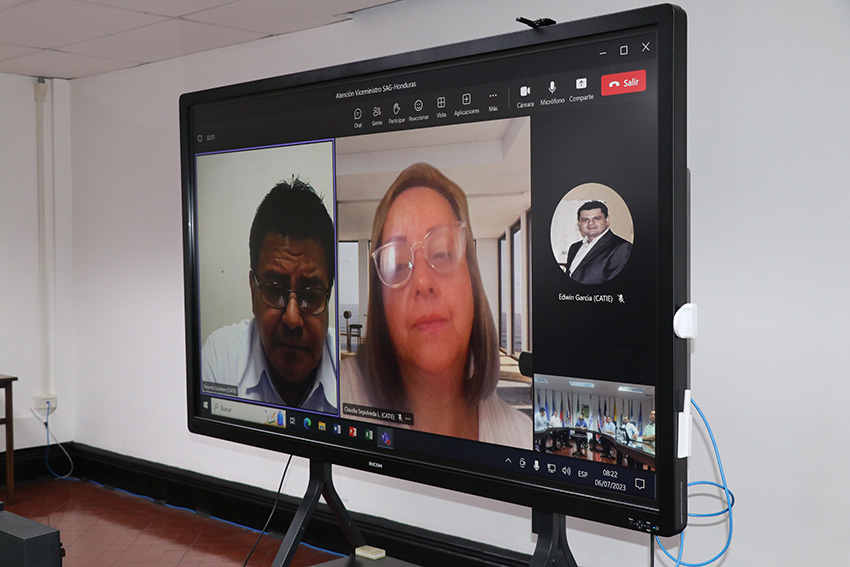
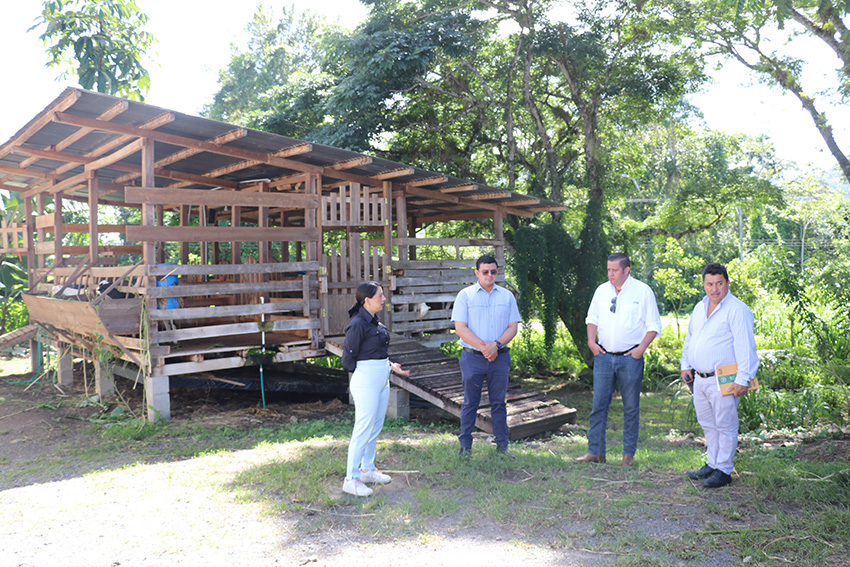
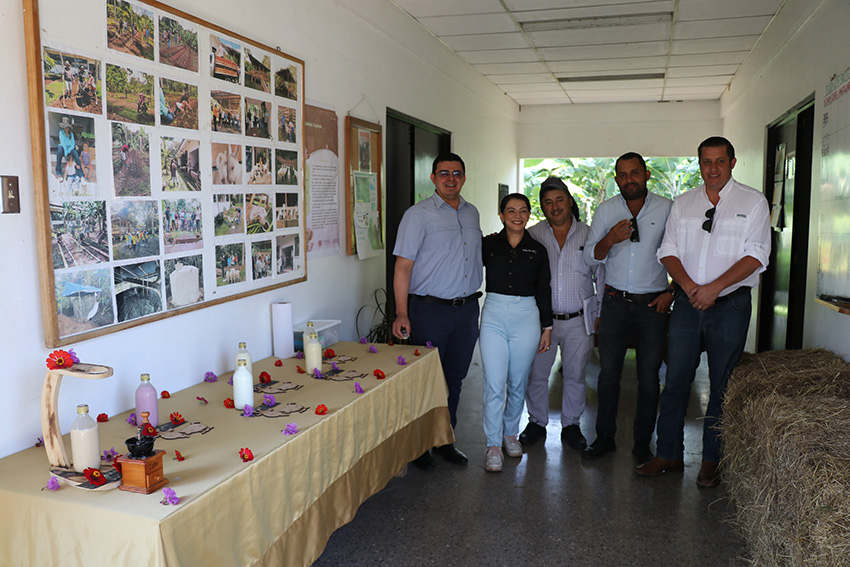
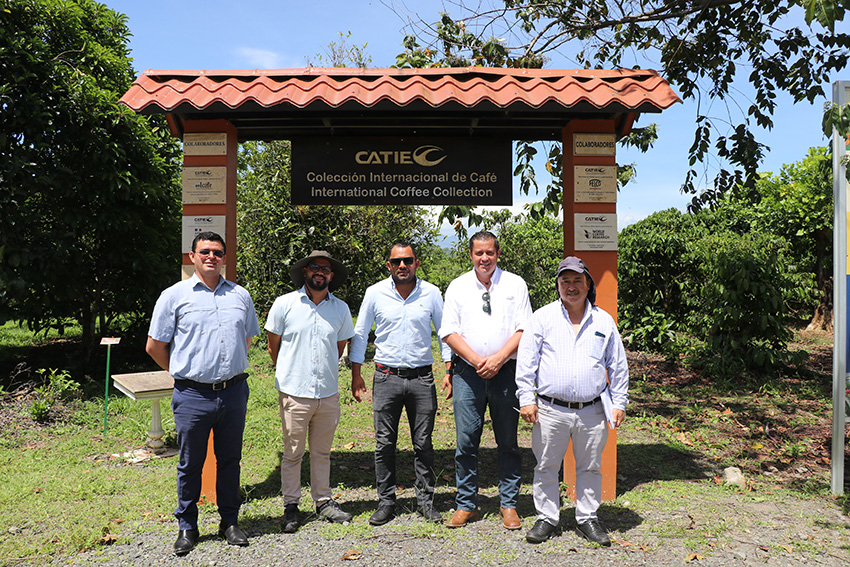
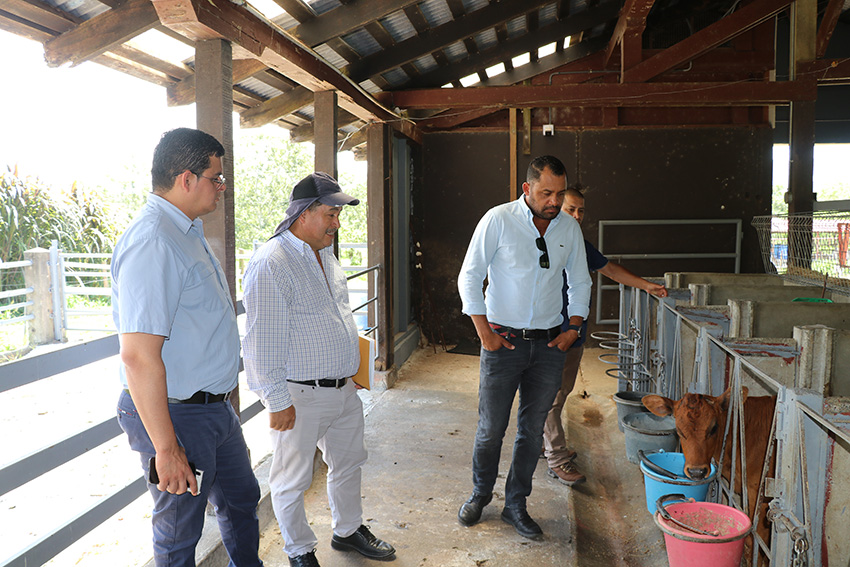
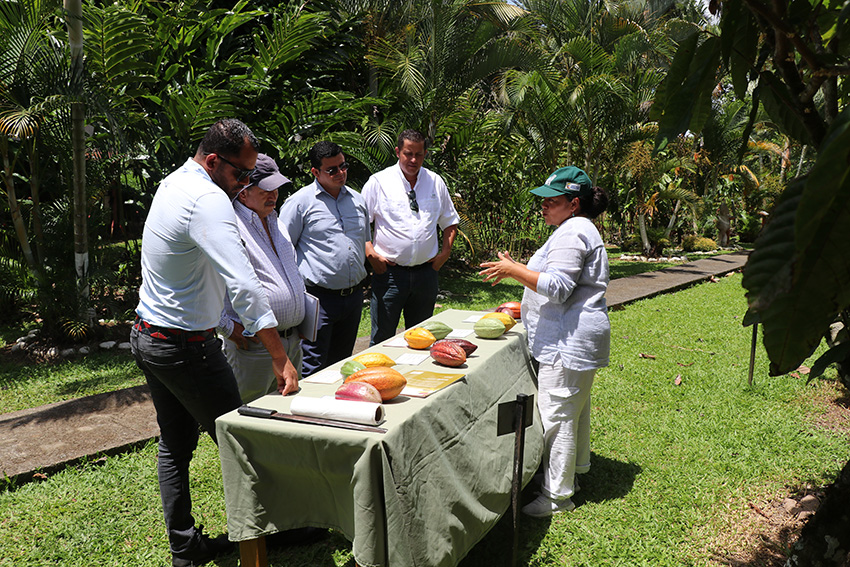
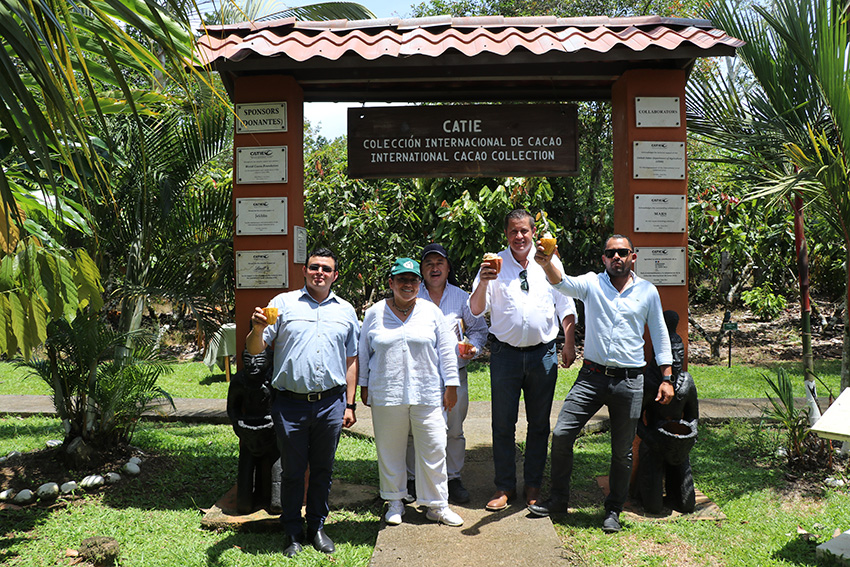
More information:
Francisco Casasola
Livestock and Environmental Management Unit
Mail: fcasasol@catie.ac.cr
Tel: (+506)2558 – 2136
Written by:
Esteban Rodríguez Zamora
Communicator
Information Technology and Communication
CATIE
esteban.rodriguez@catie.ac.cr

